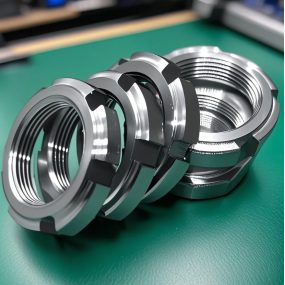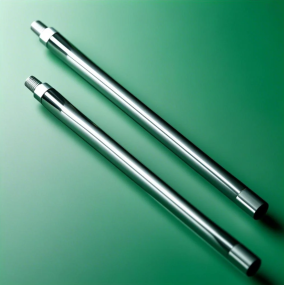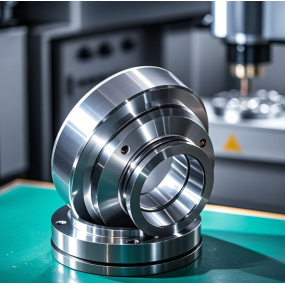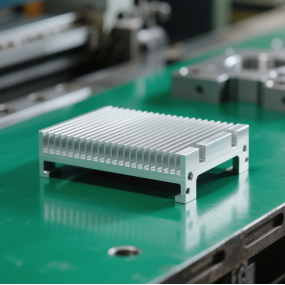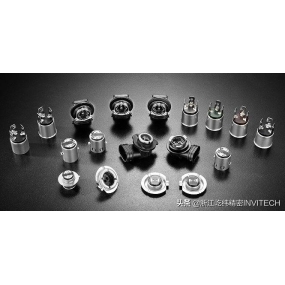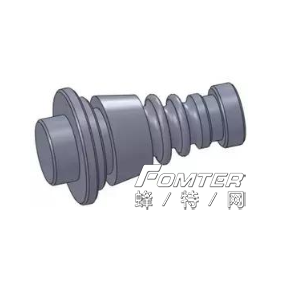Sheet Metal Processing is a common method for manufacturing parts. It is widely used in manufacturing in all walks of life, such as electronics, communications, automobiles, aviation, aerospace and other fields. In sheet metal shell processing, due to the processing accuracy and the complexity of the processing technology, there are often situations that need to be modified. This will not only waste a lot of time and cost, but also delay the progress of the project. Therefore, how to avoid the situation that needs to be modified in sheet metal processing is a concern for every sheet metal processing manufacturer and manufacturer.
How to avoid the need for modification in sheet metal processing? The sheet metal processing manufacturer will talk about it in detail.
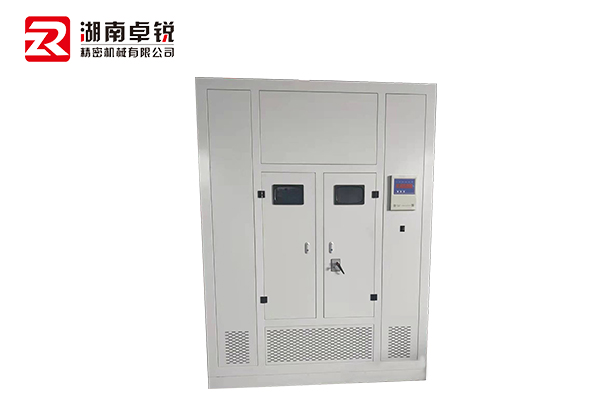 Step 1 Strengthen communication
Step 1 Strengthen communication
In the early stage of sheet metal processing, it is important to communicate with customers. The drawings, specifications and requirements provided by customers are the foundation of sheet metal processing. Therefore, it is recommended to fully communicate with customers before receiving orders to confirm the size, material and surface treatment required by customers to avoid problems such as deviations and inappropriate materials. In addition, we should also keep in touch with customers at any time during the processing process to give timely feedback on the progress and results to avoid customer dissatisfaction and misunderstanding.
2. Confirm the correctness of the design documents
In sheet metal processing, the correctness of the design documents is very important. After receiving the customer‘s design documents, it is necessary to carefully check whether the drawings and requirements are correct. Especially in the representation of marking the size or depth in the drawings, it is necessary to communicate with the customer to confirm whether it is correct. In this way, errors in the design documents can be avoided that cause the machined parts to not meet the standards and need to be trimmed.
3. Strengthen quality control
In sheet metal processing, quality control is a very important link. The processing process requires inspection and testing of the processing machines, processes and products. Strict quality inspection should be carried out after the processing is completed. Sheet metal manufacturers should establish a complete quality system to ensure that each link meets national standards and customer requirements. In this way, product quality can be effectively improved and trimming and modification can be reduced.
4. Select the appropriate processing machinery and equipment
The correct selection of processing machines and equipment is also the key to avoid the need for modification. The accuracy, performance and stability of these machines and equipment will directly affect the product quality. Therefore, it is recommended to choose advanced equipment and technology to improve production efficiency and reduce costs while ensuring product quality.
5. Strengthen employee training
The skills and quality of employees are important factors in ensuring the quality of sheet metal processing. Therefore, manufacturers and manufacturers should strengthen the skills training and knowledge popularization of employees, and improve their professional skills in machine and equipment operation, product processing and quality control. This can ensure that each link can be properly managed and operated to avoid errors and deviations in the processing process.
In conclusion, modification problems in sheet metal processing are very common, but these problems can be avoided by the above methods. For sheet metal manufacturers and manufacturers, as long as they strengthen communication, check design documents, strengthen quality control, select appropriate processing machines and equipment, and strengthen staff training, they can effectively improve product quality and reduce the need for modification during processing.


 Spanish
Spanish Arabic
Arabic Portuguese
Portuguese Belarusian
Belarusian Japanese
Japanese Russian
Russian Icelandic
Icelandic Bulgarian
Bulgarian Azerbaijani
Azerbaijani Estonian
Estonian Irish
Irish Polish
Polish Persian
Persian Boolean
Boolean Danish
Danish German
German French
French Filipino
Filipino Finnish
Finnish Korean
Korean Dutch
Dutch Galician
Galician Catalan
Catalan Czech
Czech Croatian
Croatian Latin
Latin Latvian
Latvian Romanian
Romanian Maltese
Maltese Malay
Malay Macedonian
Macedonian Norwegian
Norwegian Swedish
Swedish Serbian
Serbian Slovak
Slovak Slovenian
Slovenian Swahili
Swahili Thai
Thai Turkish
Turkish Welsh
Welsh Urdu
Urdu Ukrainian
Ukrainian Greek
Greek Hungarian
Hungarian Italian
Italian Yiddish
Yiddish Indonesian
Indonesian Vietnamese
Vietnamese Haitian Creole
Haitian Creole Spanish Basque
Spanish Basque

